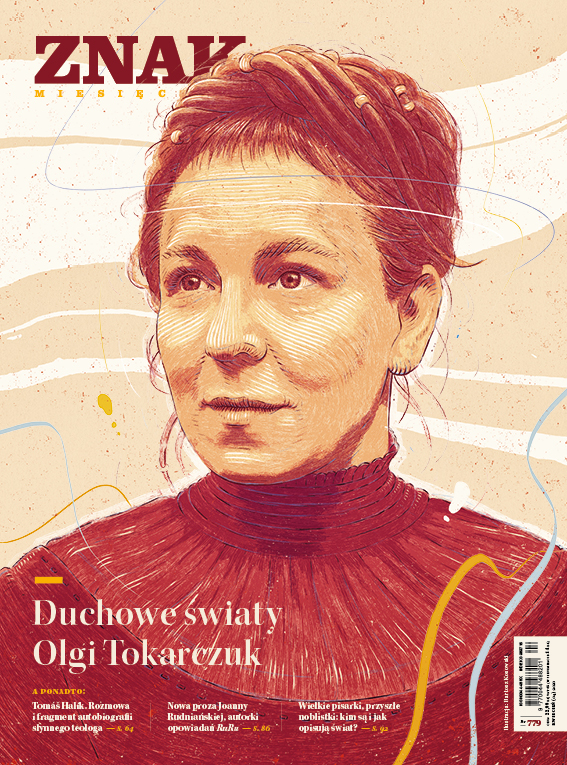
We kindly inform you that, as long as the subject affiliation of our 300.000+ articles is in progress, you might get unsufficient or no results on your third level or second level search. In this case, please broaden your search criteria.

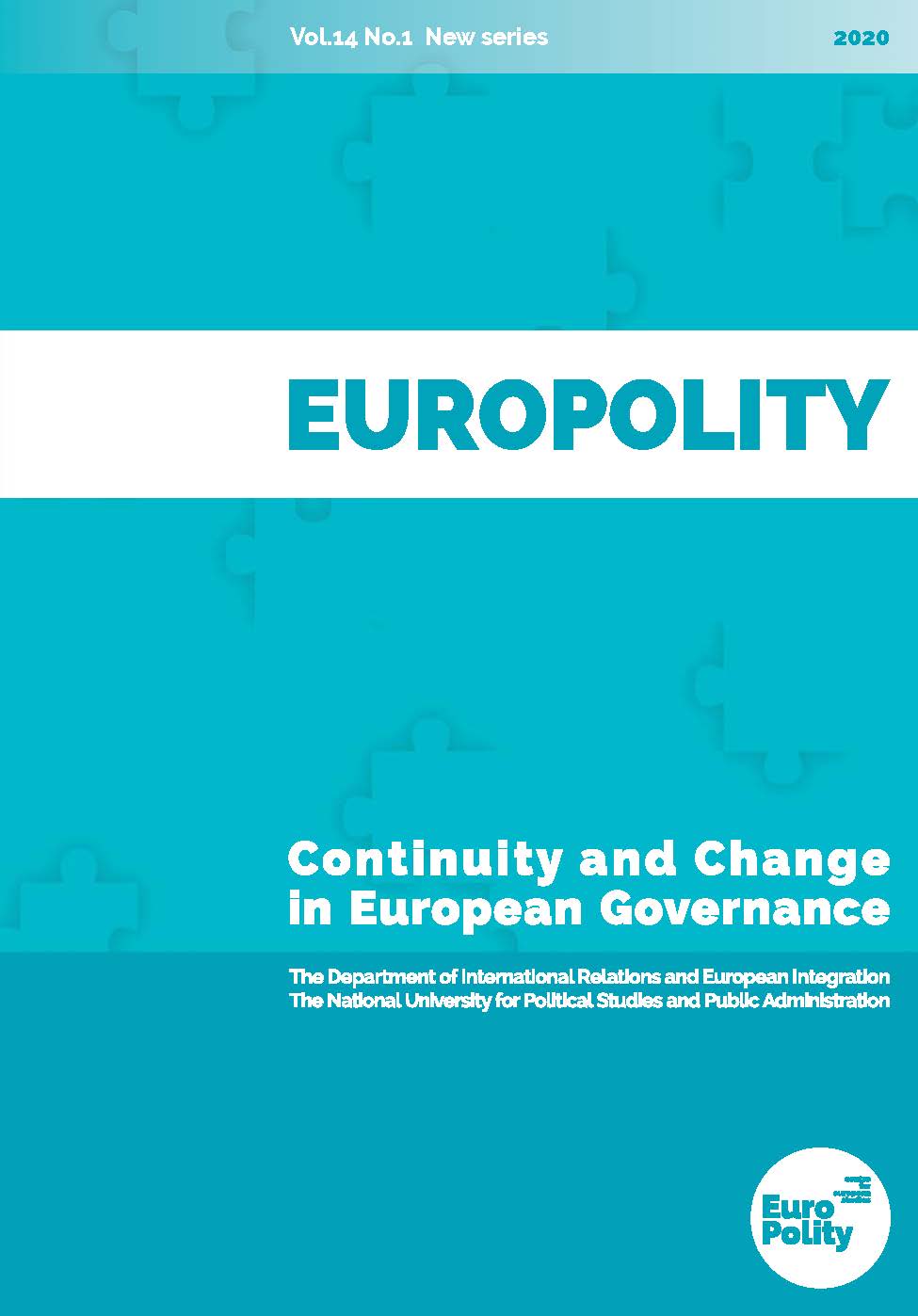
This article addresses the issue regarding the recent intensification of tendencies that oppose multiculturalism around the world and especially on the territory of the European Union. Starting from these premises, the article aims at identifying the degree to which the Central-Eastern Europe region can be considered as being a tolerant geographical space when analyzing recent manifestations of racism, extremism, antisemitism, xenophobia and Islamophobia and when analyzing the same manifestations in other countries or regions in the world. The comparison between the situation in Central-Eastern Europe and the situation in other countries or regions will be made through the analysis of several indexes developed by organizations, scholars or recognized international institutions, indexes that will show that the manifestations of diversity denial are far less intense in Central-Eastern Europe than in other countries or regions in the world and will confirm that the CEE states are close not only geographically, but also from political, economic or social perspectives.
More...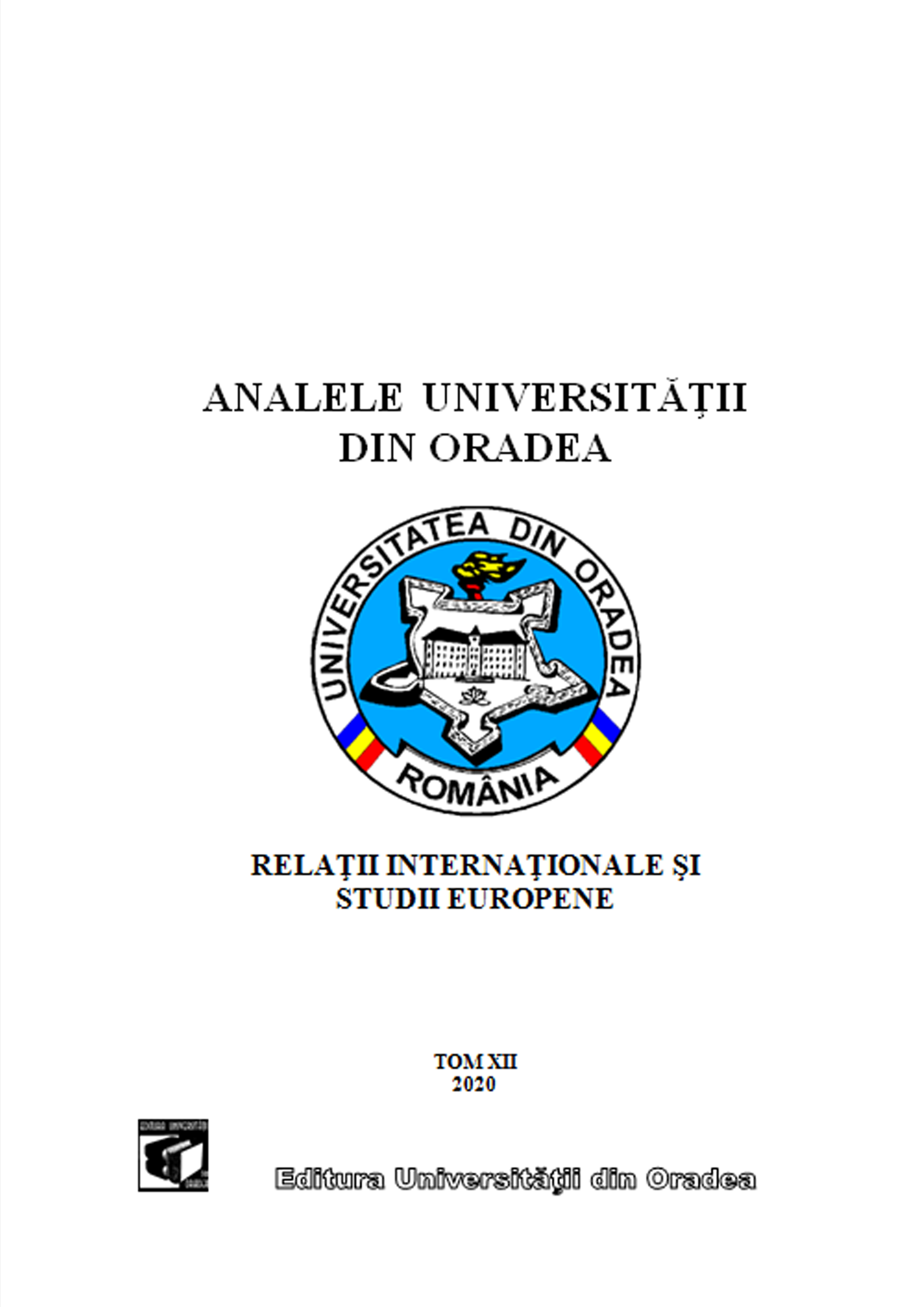
In the present paper I will analyze the conflicting ideologies regarding immigration in Europe. I tried to define the contemporary historical context surrounding the issue of migration underlying the ideological rift between Western and Central-Eastern Europe. I analyzed the political, economic and cultural factors behind the ideological differences.
More...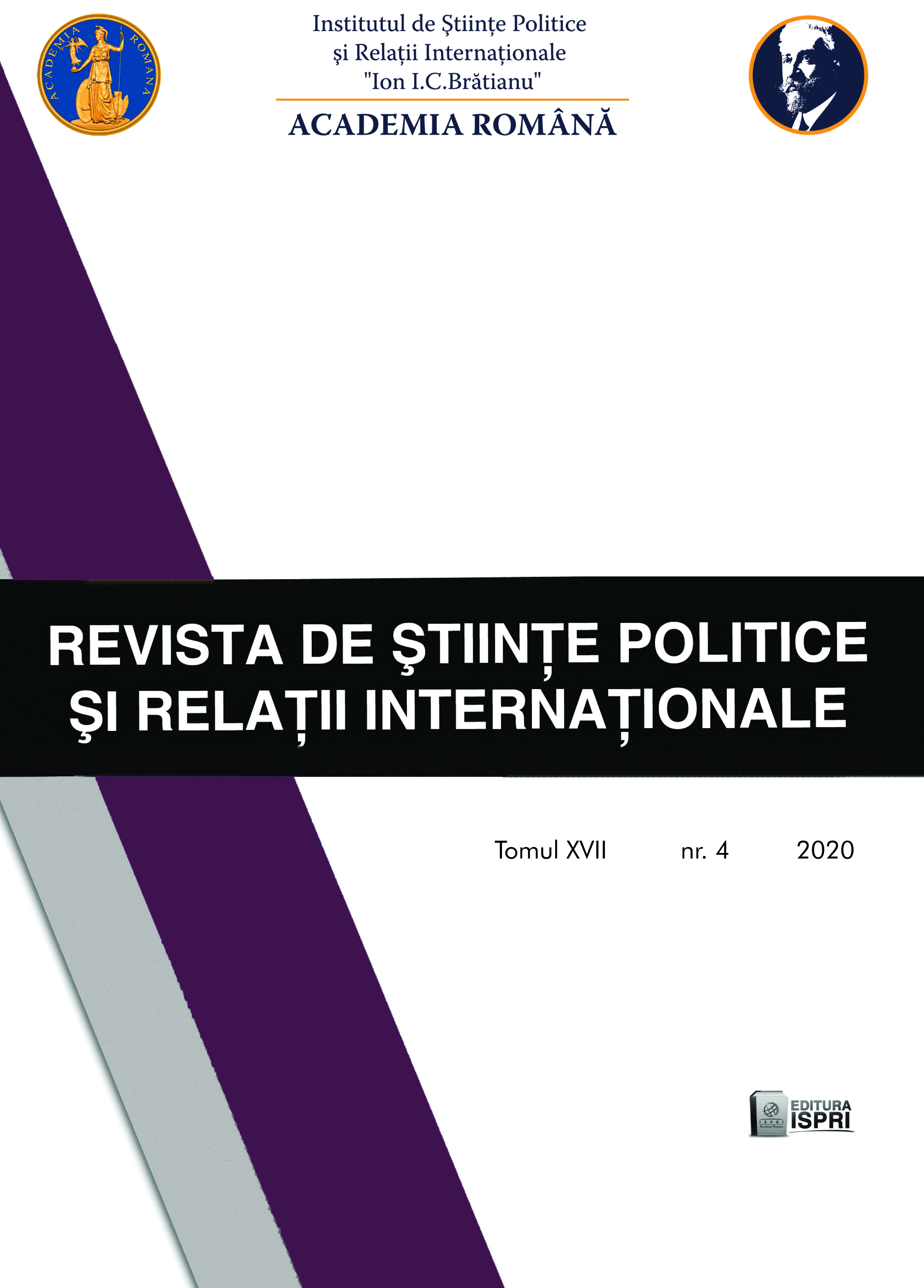
Migration is a complex issue, with many facets that need to be weighed together. The year 2015 will probably remain in the migration history as the year that registered a record number of refugees. The closure of the Balkan Route used by migrants to reach Western Europe from Turkey and Greece has forced migrants to find alternative routes and for this reason, since February 2018, Bosnia and Herzegovina is facing an unprecedented wave of migration. The growing number of migrants and refugees who have started using the new Balkan route to reach an EU member state has raised deep concerns about a humanitarian and security crisis. The current system no longer works. With the new Pact on Migration and Asylum, the European Commission proposes a fresh start on migration: building confidence and striking a new balance between responsibility and solidarity.
More...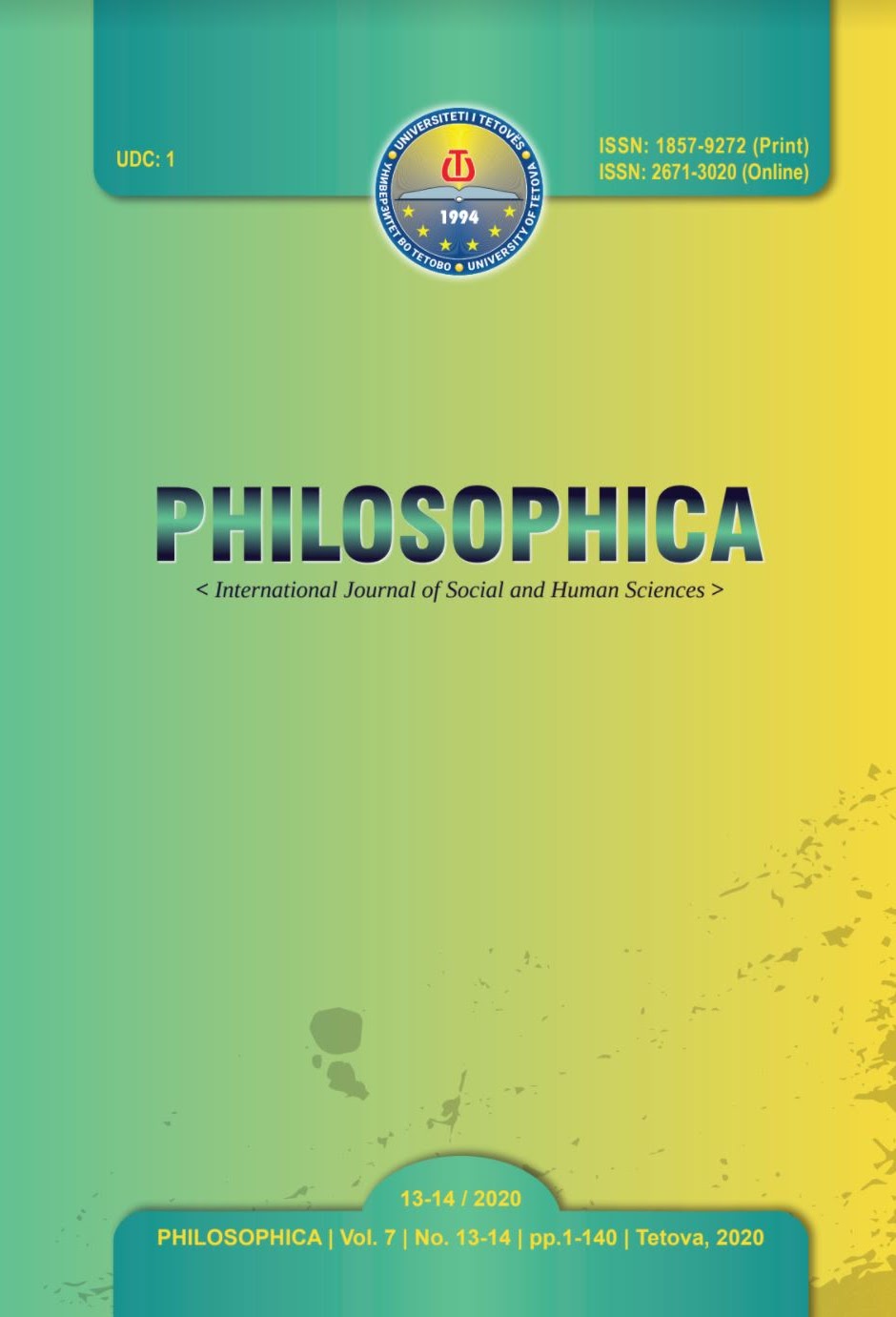
Mental health is defined as well-being, where everyone realizes his or her own potential, is able to cope with the stress of everyday life, is able to work productively and successfully, and can contribute to the community to which he or she lives. Wars and disasters have a profound effect on mental health and psychosocial well-being. In conditions of migrant/refugee crisis, the most vulnerable group includes children who have been exposed to multiple traumas that affect their cognitive development, behavior, physical, psychological, and emotional well-being. The most common difficulties in terms of mental health are the symptoms of anxiety, depression and post-traumatic stress disorder.Accordingly, in the work the authors will try to explain the mental health problems and interventions among refugee children, but at the same time a description of the MHPSS (Mental Health and Psychosocial Support) which is a layered system for providing psychosocial support to meet the needs of refugee children in conditions of migrant/refugee crisis. In the final part of the paper, the authors will focus on the refugee crisis in the Republic of North Macedonia and the Republic of Kosovo, which were a part of the so-called "Balkan Tour" from 2015 to 2017.
More...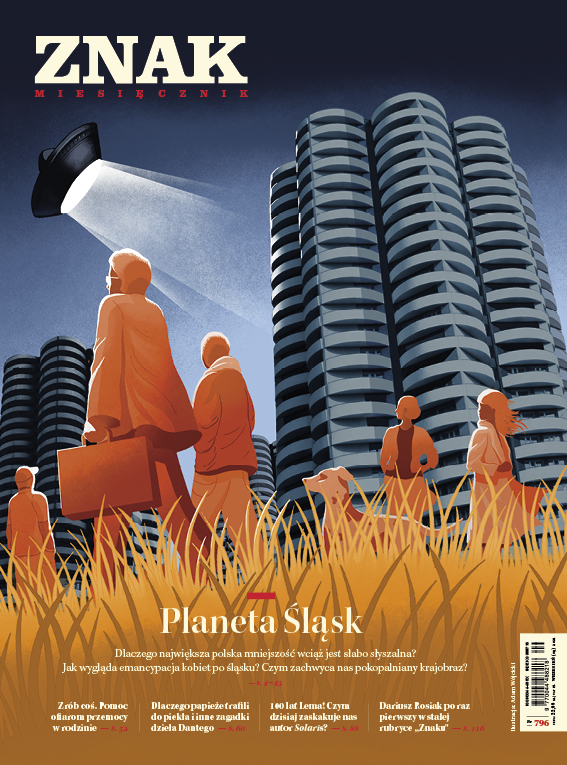
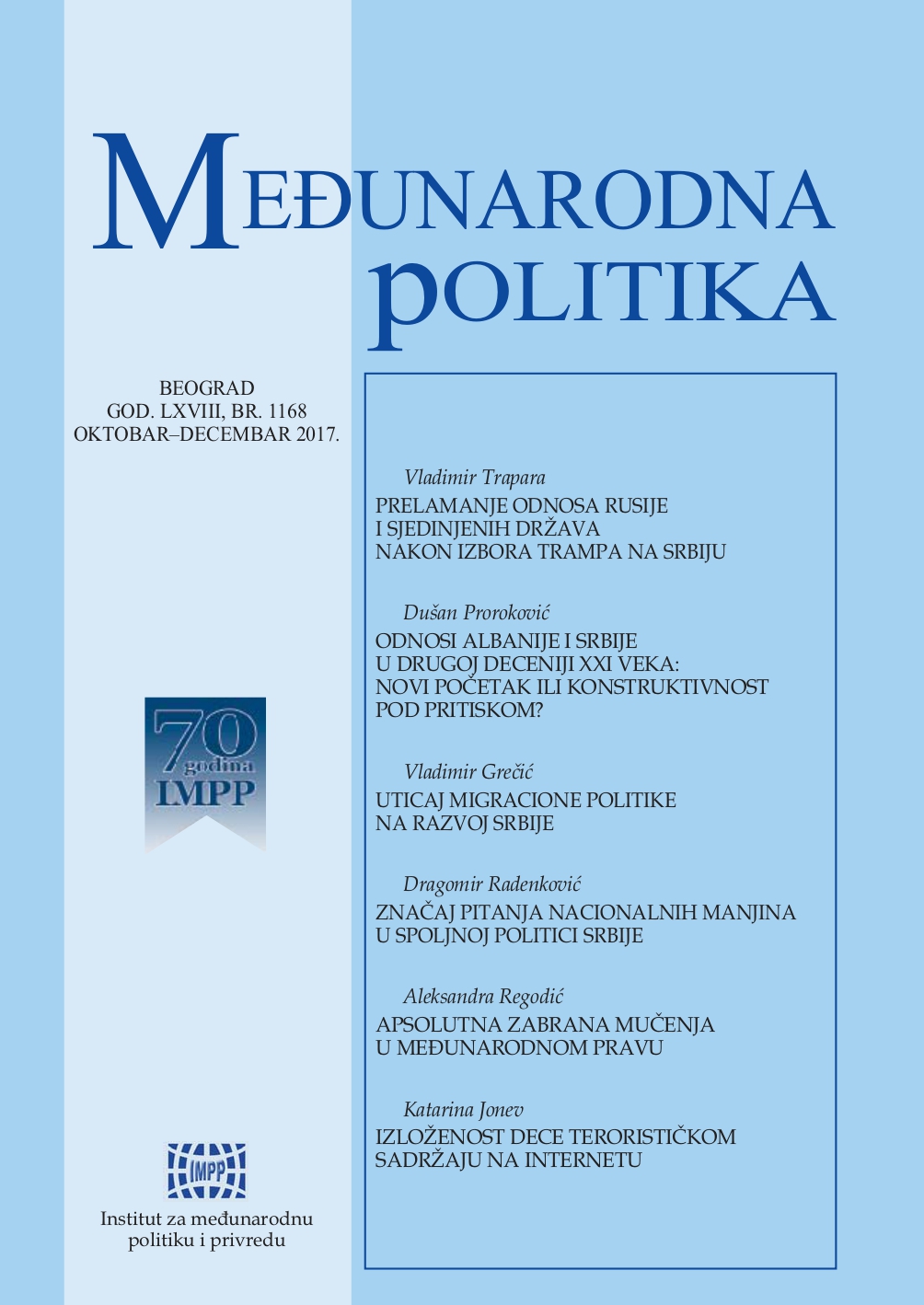
Serbia has been faced with the growing depopulation tendency for a quarter of a century now (negative population growth rate is ever increasing and the emigration of young people, especially highly educated and talented people, has become more and more dynamic), and inclusive of weak economic performances and a very modest economic growth, as well. In fact, nowadays, it has been faced with major challenges as it has become the country of immigration, transit country and the country of origin for many people who have had to leave their homes for various reasons. The migration management policy has become an important area of the public60 policies, both on the national and international level. The economic theory of the cross-border migration deals mostly with the following questions: Why do people migrate? Who migrates? What are the implications of both of the countries of origin and a country of destination? Although there is a tendency in the bibliography to distinguish between internal and international (external) migration, there is, in fact, only one economic theory of migration. The Migration is an investment in one's well-being.The efficiency of migration policies is often challenged due to the alleged failure to manage the immigration in a way to protect the country against unwanted migrants and their unproductive effects. However, as a result of the basic methodological and conceptual limitations, the evidence remained unclear. The central question which the author seeks to answer is as follows: How the Serbian migration policy affects the size, direction and nature of migration into and out of the country? In addition, what are the effects of migration and the significance of these effects for the overall development of Serbia? In order to build conceptual clarity, the author draws a distinction between the effects of immigration policy regarding migration volume, geographical mobility, the composition of migration (legal channels and characteristics of the migrants, with particular emphasis to the talents), the timing of migration and return of migration to their countries of origin. Finally, the author suggests some measures and activities that the state authorities should undertake to minimize losses and maximize the gain from the external migration of Serbia
More...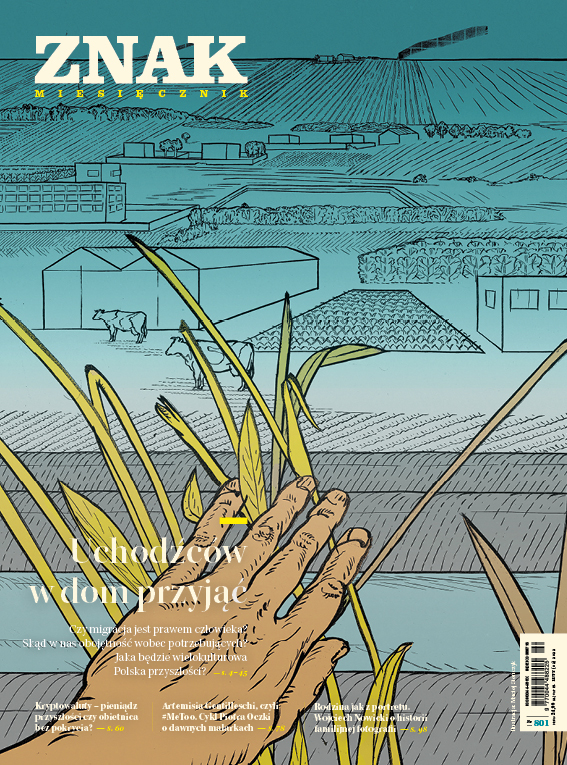

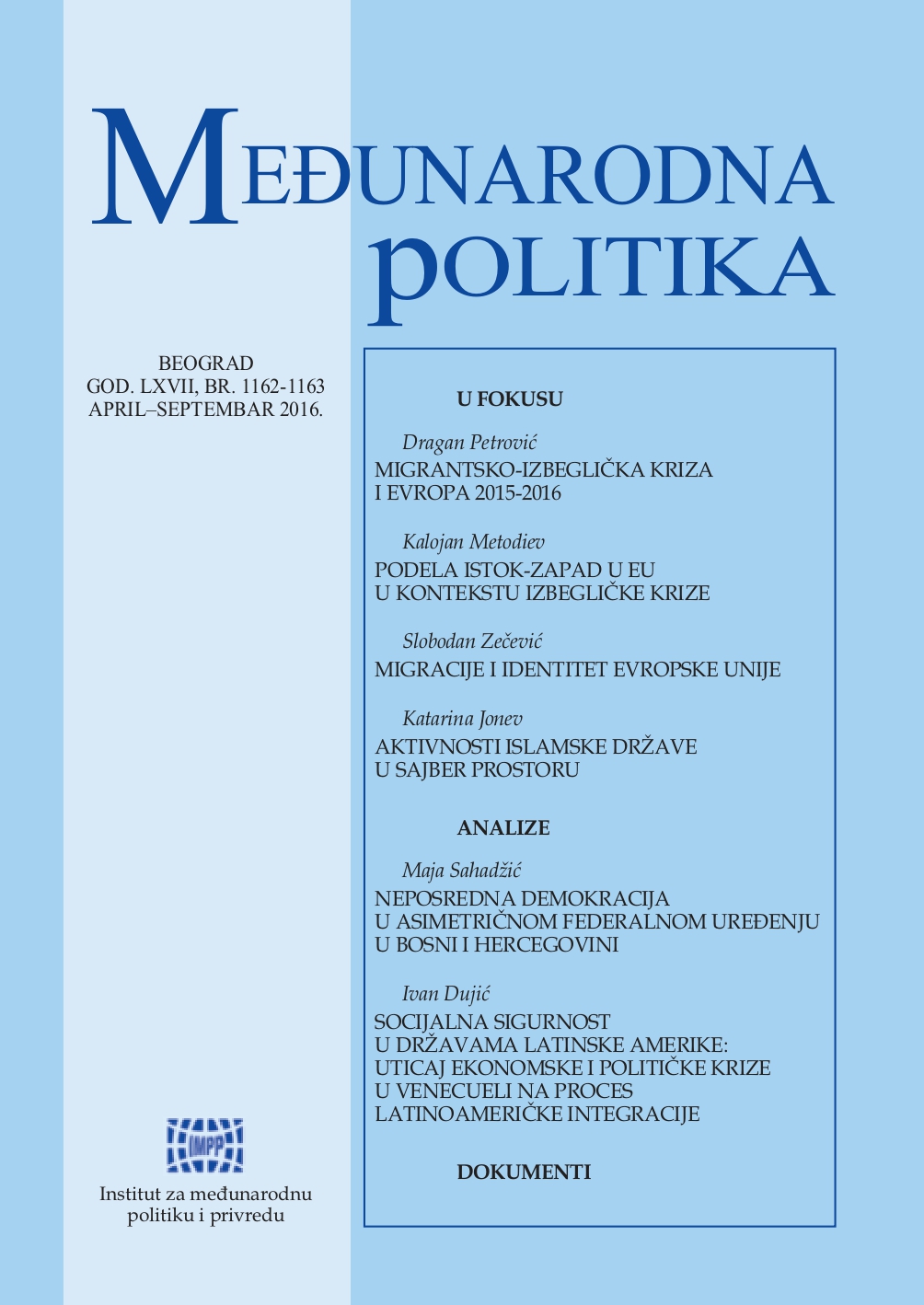
During the last years a wave of migrations from the Middle-East, North and sub-Saharan Africa in the direction of Europe, especially countries of the European Union, is evident. In 2015, this process had a particularly massive pressure of migrants from the south-east direction, especially through the Balkans to Central and Western Europe, especially to Germany. In this paper is analyzed the process of migration of the population of the Middle-East, North and Sub- Saharan Africa to Europe in the last years, caused largely by conflicts and riots in these parts of the world, as well as by poverty. It also analyzes the geopolitical dimensions of migrations from these areas, especially from war-torn Syria to the EU and Europe. So far, the European Union was facing a great challenge and disunity of its members considering this issue, which further expands the multidimensional crisis of the Union that is already in progress.
More...
The refugee crisis erupted in the European Union in the summer of 2015. The problem divided the EU member states into two main groups – West (Old Member States) and East (New Member States). They had different opinions about the migration flows. The governments of the Old Members (led by Germany and France) saw the flow as a forced migration process and people who arrive through Greece islands as refugees escaping the war. The Visegrad group saw it as an illegal immigration problem. Some of their leaders blame Turkey for organizing and directing migrants toward Europe.
More...
At the beginning of XXI century, the European Union has been hit by several successive crises. It was the world financial crisis of 2007 whose source was in the financial market of the United States, the debt crisis in Greece, which lasts from 2009 and has escalated in the summer of 2015, as well the refugee crisis resulting from the war in Syria during 2015. In connection with previously stated, it should be noted that in Germany in 2015 entered a million and one hundred thousand refugees, of whom about 60 percent are not persons threatened by war. The aforementioned events have pointed out that the unfinished European sovereignty caused by delays in the construction of a European federal state actually allows the European Union to function in somewhat normal circumstances, but it prevents her from having an adequate response to emergencies. Because of her interstate and confederal features, the European Union cannot give the unique, fast and appropriate response to the challenges of the globalized world. The absence of rounded territory and European federal government with ministries of interior and defense makes the European Union inefficient in dealing with migration and security challenges.
More...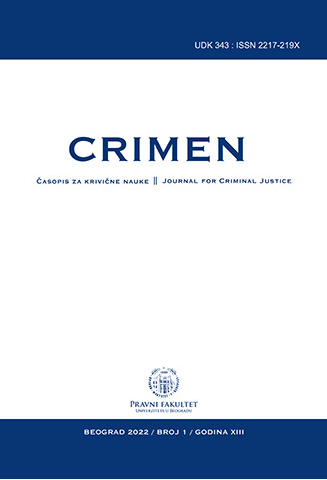
The years 2014-2019, saw approximately 104.000 Eritreans arriving by boat from North Africa to Italy alone. Thousands of others arrived via Greece, Spain and Turkey into the EU. With an estimated population of 5,34 million people that equates to almost 2% of the entire population of Eritrea arriving in Italy during these five years. Eritreans were among the ethnic groups associated with the so called ‘Migrant Crisis’ in the Mediterranean, a phenomenon that has been well-documented. Depending on the viewpoint, migration to the EU through the Mediterranean or via Turkey has been described as an ‘invasion’, portrayed in some sections as Europe being ‘under siege’, and suggested – as in the case of the former Italian Interior Minister Salvini – as a means for terrorists to infiltrate European borders. Or, simply, as a tragedy with the route becoming known as ‘the world’s deadliest’ for migrants. Without first understanding or acknowledging the drivers of irregular migration, the responses will not be effective. As Eritreans are one of top nationalities undertaking irregular migration to travel to the EU, this article looks at their motivations and the means used by them to migrate illegally. In doing so, it attempts to show what drives the high volume of people migrating and that the link between smugglers and criminality is not as western perceptions and paradigms would indicate.
More...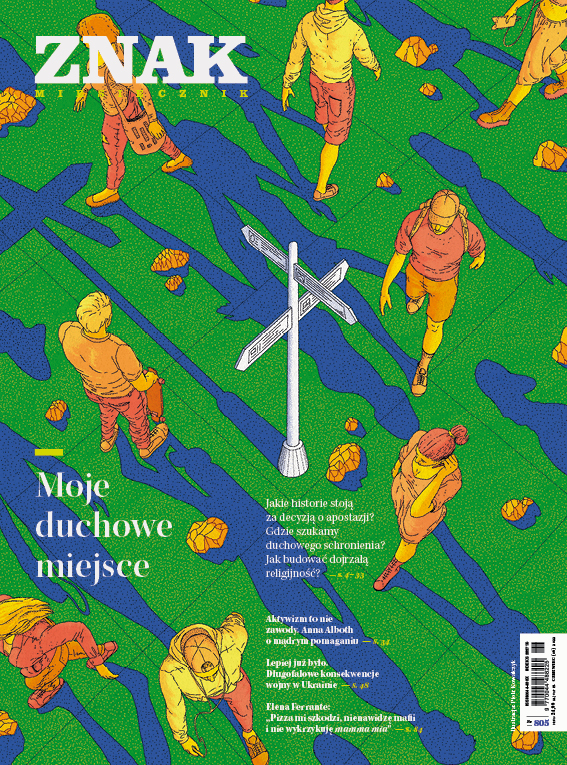
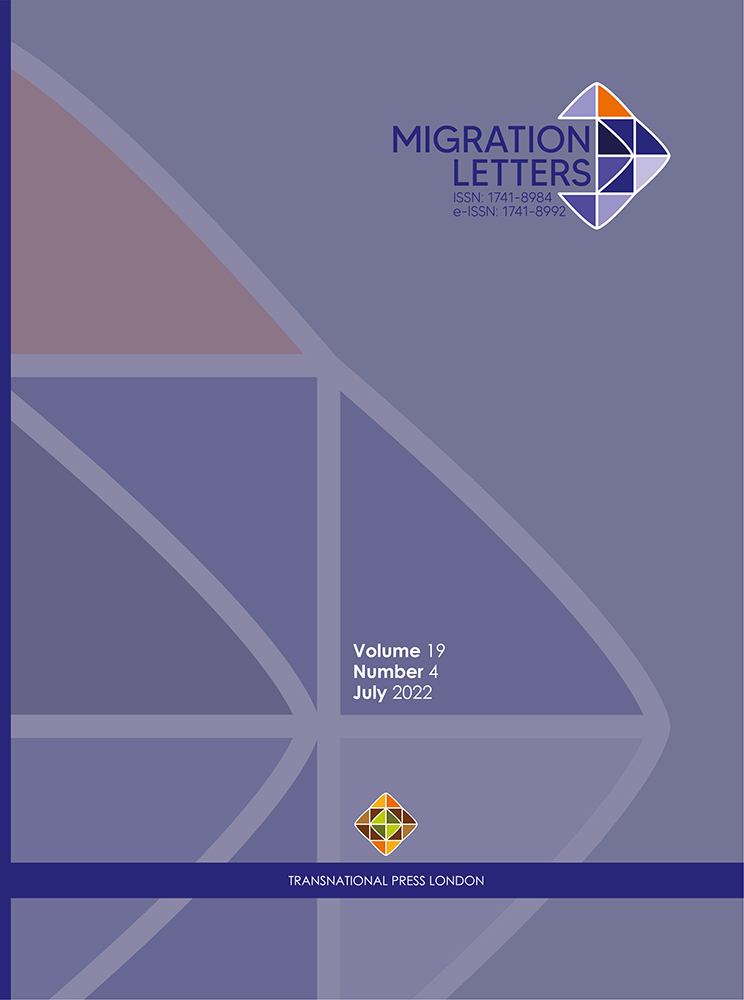
The swift closure of international borders with the outbreak of the COVID-19 pandemic has placed the right to seek asylum in a precarious position. The paper questions the impact of COVID-19 on the right to seek asylum in the face of the informal externalisation agreements (IEA) concluded by the European Union (EU) Border States and other destination states to shift border management to neighbouring transit states. The paper argues that IEA marginalised the right to seek asylum well before the outbreak of COVID-19. The pandemic's impact on the right to seek asylum, per se, is temporal, which can be defused through enhanced procedural measures. However, in the long run, COVID-19 provides an alibi to the Border States to further externalise asylum and migration controls through IEA. Thereby, COVID-19, along with IEA, is highly likely to make the right to seek asylum obsolete.
More...
Migranci i mniejszości – szansa czy wyzwanie dla państw w XXI wieku (conference report) Confrence held on 12-13 May 2022 in Poznań
More...
This article presents the results of a socially engaged research project based on 30 in-depth interviews with NGO workers and activists who became involved in the humanitarian crisis at the Polish-Belarusian border and engaged in subversive humanitarianism. The aim is to analyze the discourse about migrants constructed by people who provided different types of support during the crisis. The theoretical part presents a brief overview of the crisis and describes hybridized humanitarian actions that were taken. It also offers a discussion of two opposite discourses about migration in Poland. One is based on securitization and is created by the state, and the other relates to compassionate solidarity with migrants and is constructed by civil society. The results of the study indicate that the representation of migrants created by NGO workers and activists engaged in subversive humanitarianism to some extent reproduces the pro-immigrant narrative of compassion to date. What is more, the study shows that activists’ discourse is more individualized and emotional, while the narratives of NGO workers are more professionalized and institutional in nature.
More...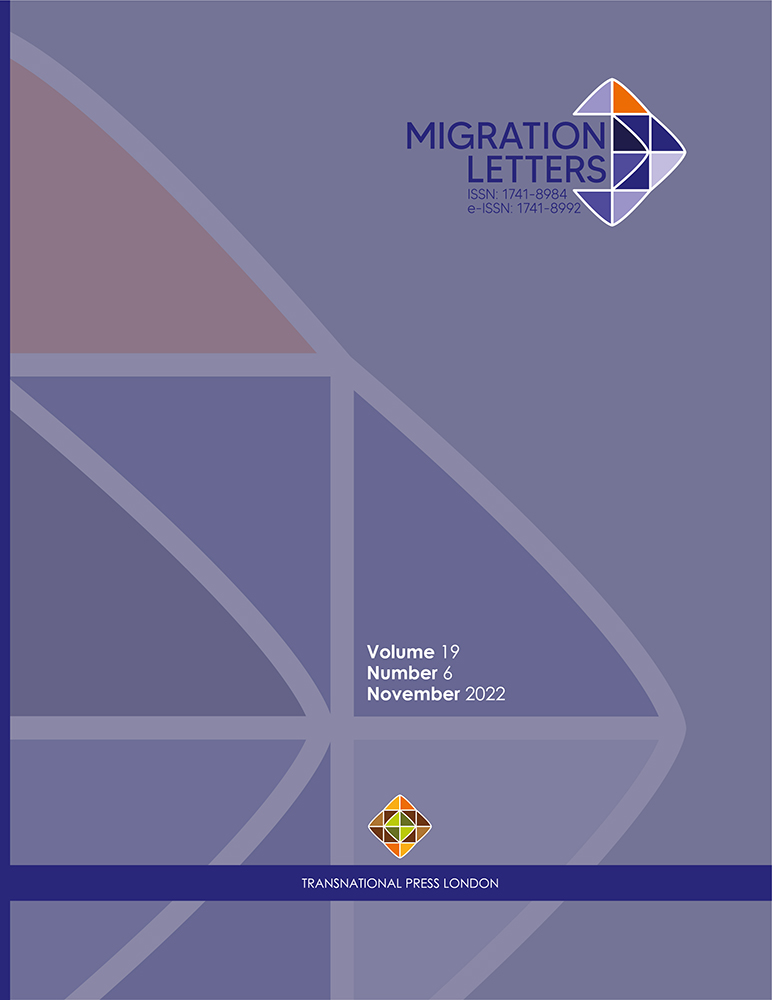
Russian invasion in Ukraine in 2022 has created the biggest refugee crisis in Europe since WWII. Close to 7 million people have left the country as of August 2022 and figures keep growing. Latvia has accommodated a mere 36 thousand of them, but it exemplifies other smaller countries in the refugee flows. Patterns and factors of asylee destination decisions for less popular destinations have not been explored making one wonder what makes refugees deviate from the mainstream migration flows.We explore why and how Ukrainian war-displaced people have chosen Latvia using the narratives of Ukrainian displaced people who arrived in Latvia in early stages of the conflict. Drawing on in-depth qualitative interviews with refugees in Latvia, we find that networks are the primary determinant of the choice to flee to Latvia. The closeness of kinship is not as important as the fact of having the contact as such, nor does it determine the level of support. Close or distant relatives and friends are the first instance to turn to for war-displaced civilians, while financial factors do not appear to be decisive. In the situation of acute displacement, the first asylee strategy is to seek support in kinship and other networks.
More...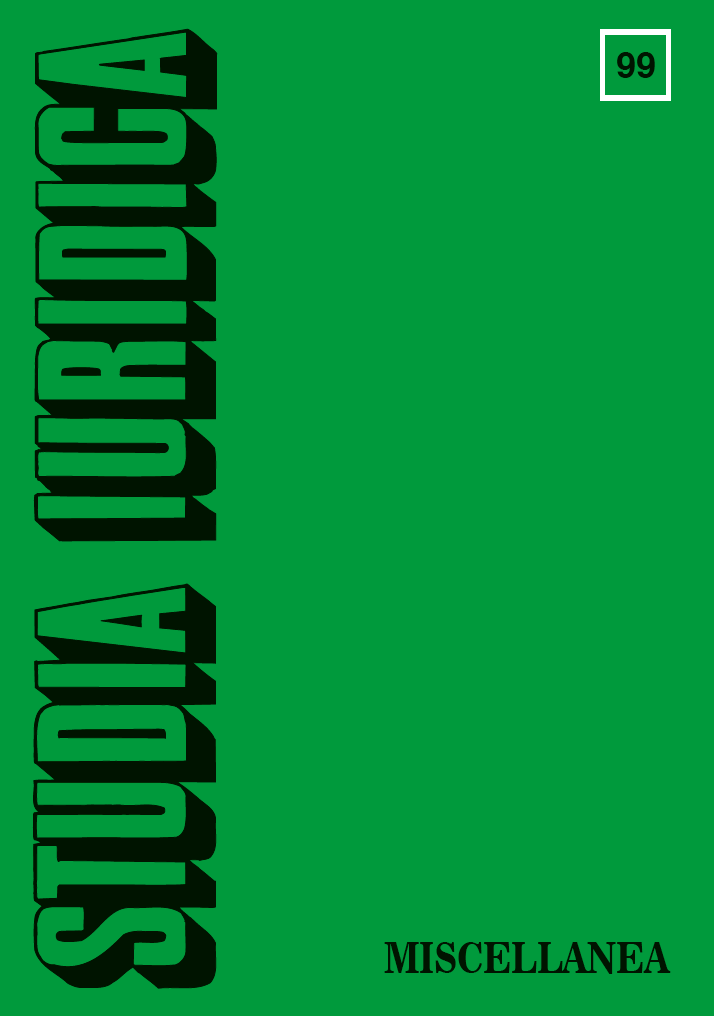
The subject of the study are formal and legal challenges posed by migration caused by climate change. The main reason for consideration is the growing phenomenon of resettlement induced by this process, with the simultaneous lack of regulations protecting incomers. The authors present the current state of protection of climate migrants, initiatives to provide such protection, and the example of New Zealand, which has made an attempt to look for solutions safeguarding climate migrants. The recommendation of the authors of the article clearly points to the need to adopt a definition of a climate migrant in international law.
More...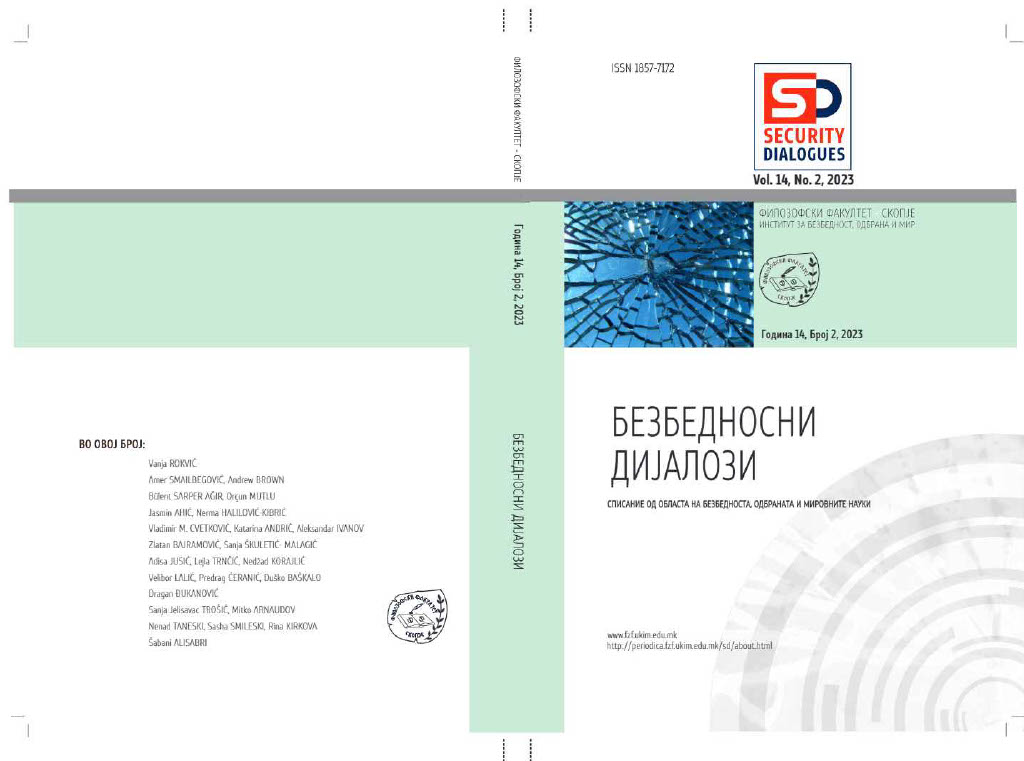
The smuggling of migrants is not a new phenomenon but in recent years it has attracted increasing international attention. In the last few years, migrant smuggling has become one of the most lucrative types of organized crime in the Balkans. This research article focuses on the issue of migrant smuggling as a contemporary transnational organized crime which is getting structurally stronger and more established. According to Frontex, the Western Balkans continues to be the most active migratory route into the European Union. From the beginning of the 2022 the number of irregular border crossings detected rose by 152% compared to 2021. The paper will present and analyse the official data of the judicial authorities. Also, a brief overview of the security implications of migrant smuggling to national security from 2015 until today will be given.
More...